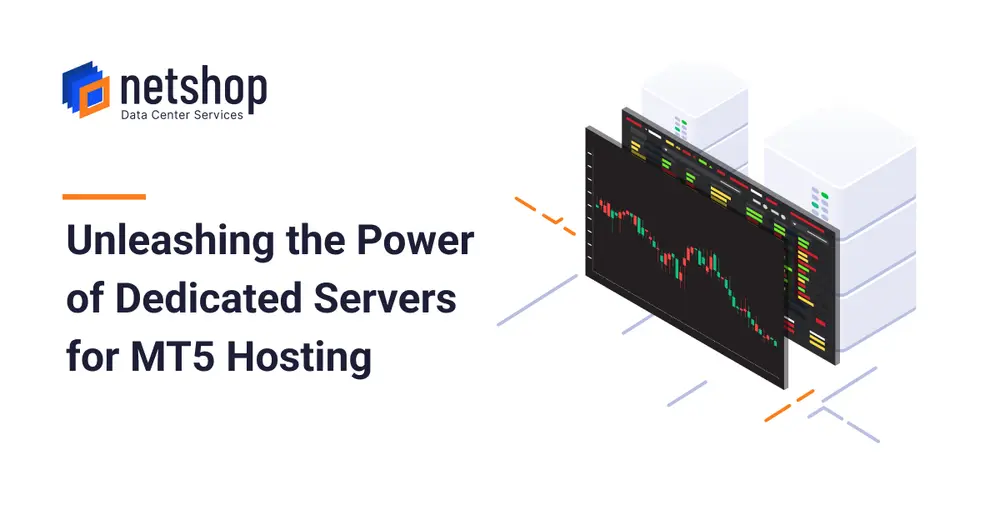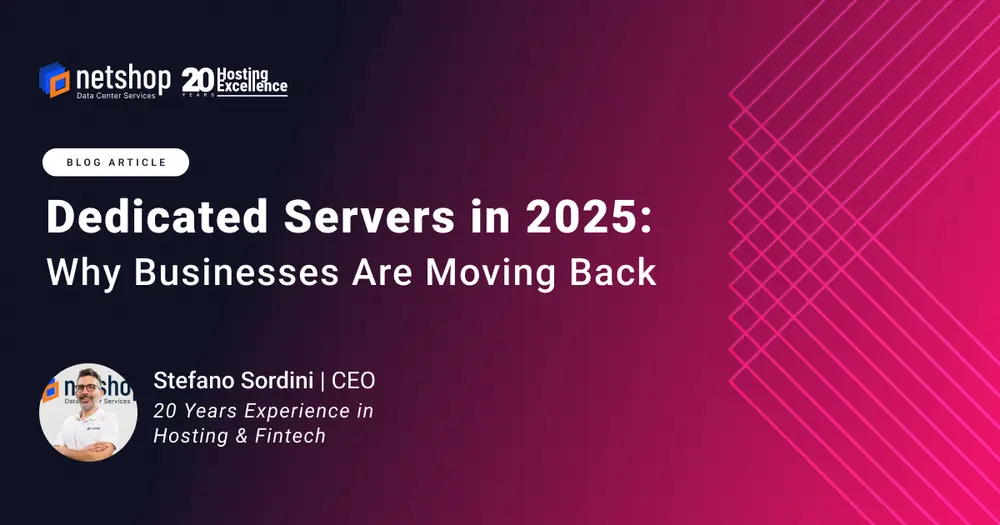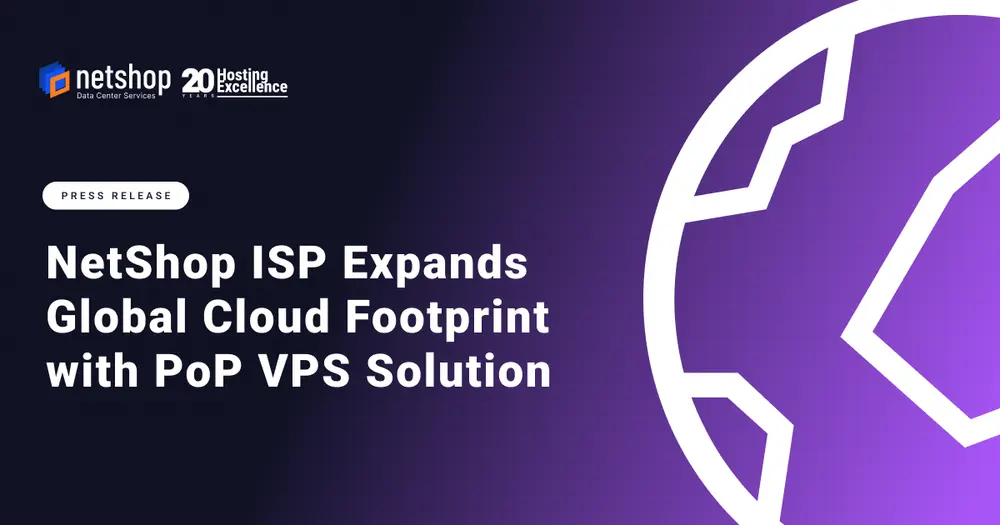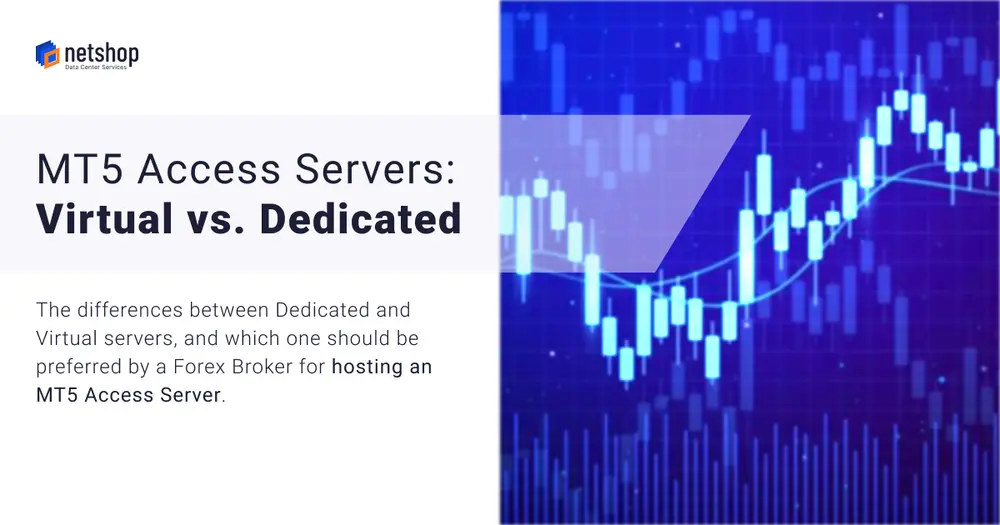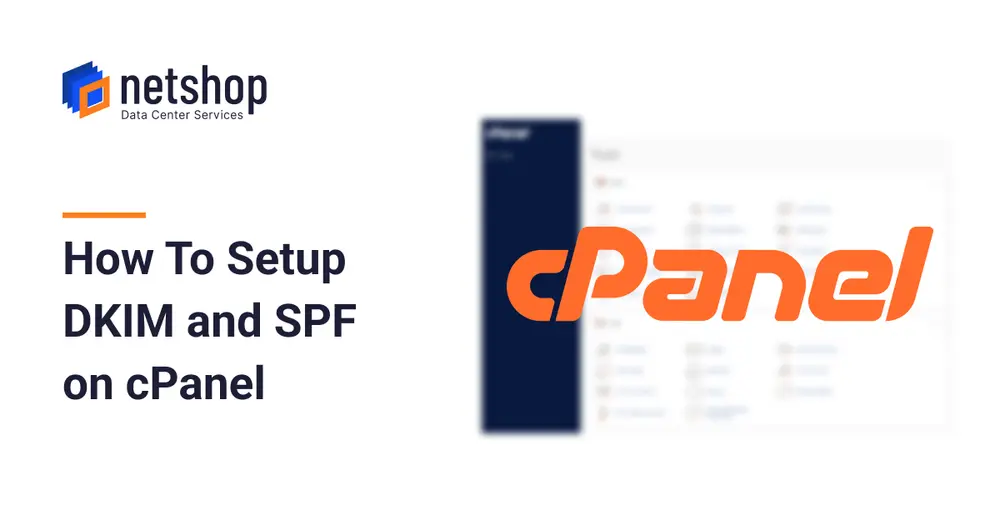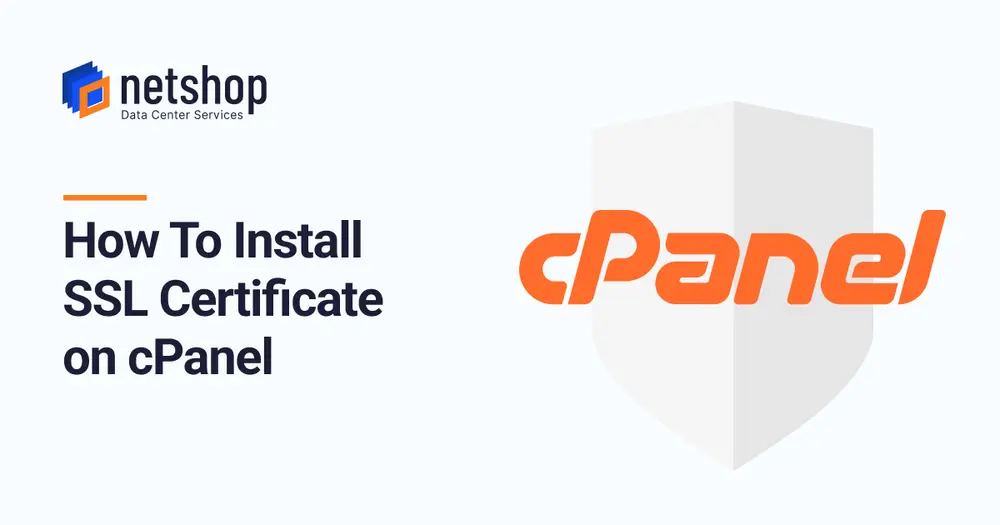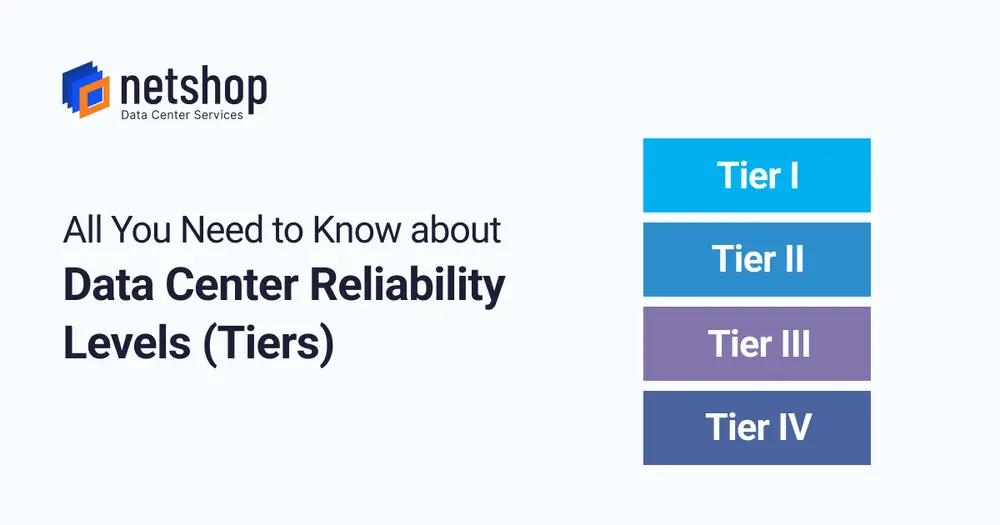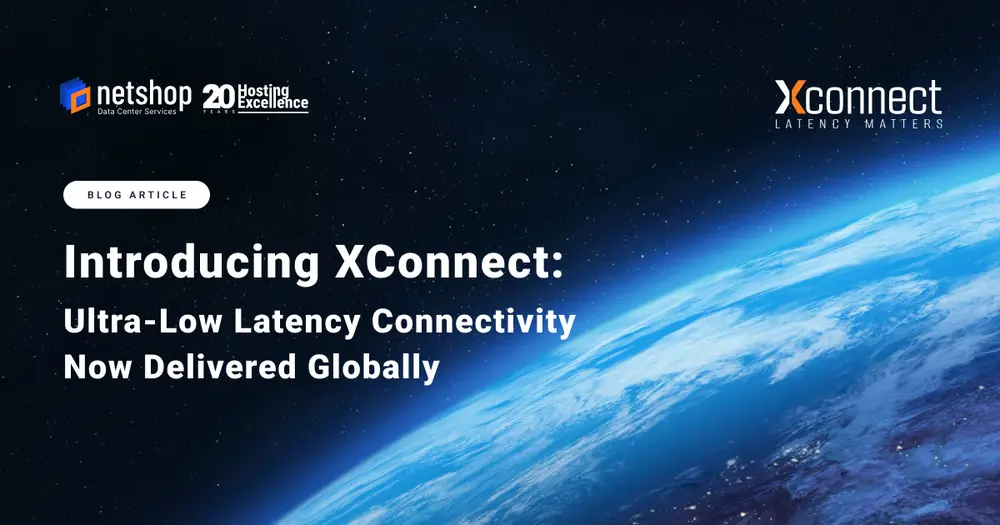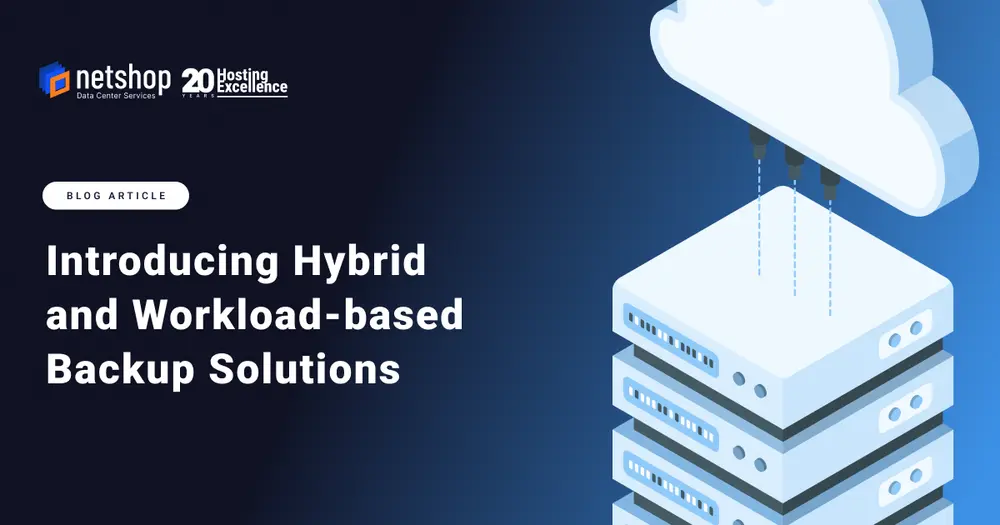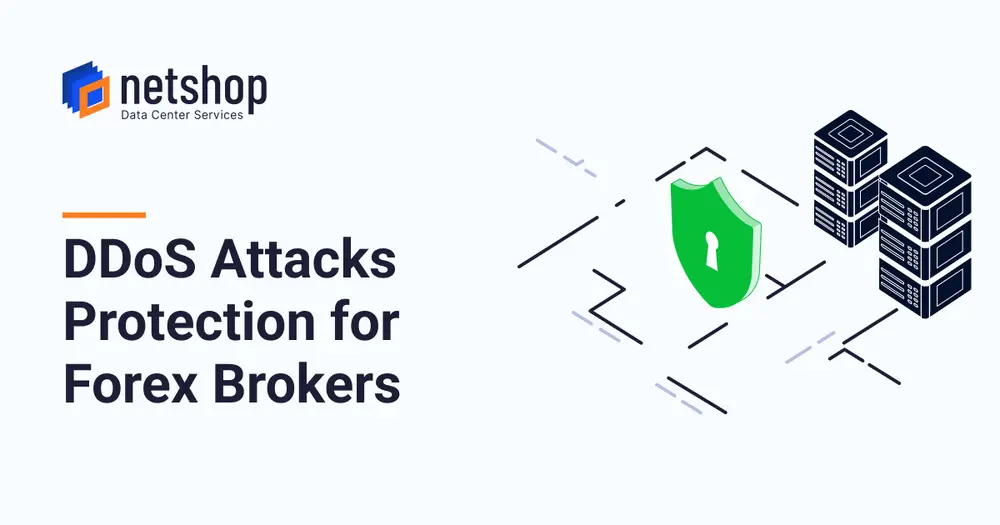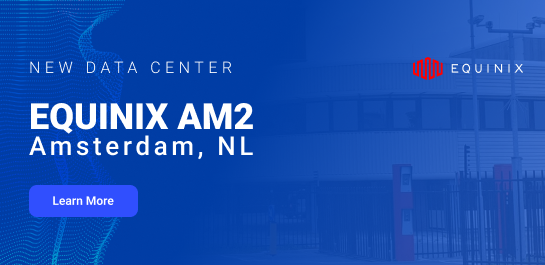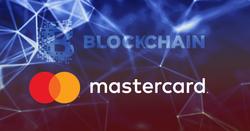MasterCard has documented a patent for a framework to accelerate the initiation of new hubs in a blockchain, in an application distributed by the U.S. Patent and Trademark Office (USPTO) April 26.
The application, which was first documented on October 24, 2016, plots that the present trouble confronting new hubs – a PC associated with the blockchain organize that stores a duplicate of the blockchain – is that they are required to separately confirm a monstrous measure of information so as to actuate. The patent expresses that new hubs must confirm “thousands, millions, or even billions of exchange records […] in an immense number of various obstructs” that may have aggregated after some time in a given blockchain, creating a noteworthy deferral before each new hub can start to take an interest in the system.
The patent proposes a specialized answer for quicker route, in which “quick track banners” would be incorporated into piece headers, with the goal that new hubs could check and confirm the blockchain at more noteworthy speed:
“A node in the blockchain network […] may quickly navigate the blockchain by identifying blocks that have activated fast track flags. For verification, the node may identify the earlier fast track block (e.g., based on timestamp) and hash that block […] and then verify that the fast track reference in the more recent fast track block is the same as the hash of the earlier fast track block.”
The patent additionally diagrams the utilization of programming particularly arranged to perform questioning, hashing, and signatory activities, that would additionally upgrade framework proficiency.
MasterCard Labs has supposedly petitioned for more than 30 “licenses identified with blockchain tech and digital money” to date. On April 12, USPTO distributed a MasterCard patent application for carefully designed conveyed stockpiling of character information on a blockchain framework that would counteract manhandle, for example, personality misrepresentation. In Oct. 2017, the organization propelled a blockchain framework offering business-to-business installments, and presented a blockchain tech patent for moment installments a month later, in Nov. 2017.
Generally speaking, the organization seems, by all accounts, to be energetically genius blockchain, yet hostile to Bitcoin: in Oct. 2017, the organization’s CEO disdained non-government provided cryptographic forms of money as “garbage.” This March, a senior MasterCard official emphasized that the organization is open to national bank-issued computerized monetary forms as it were.
